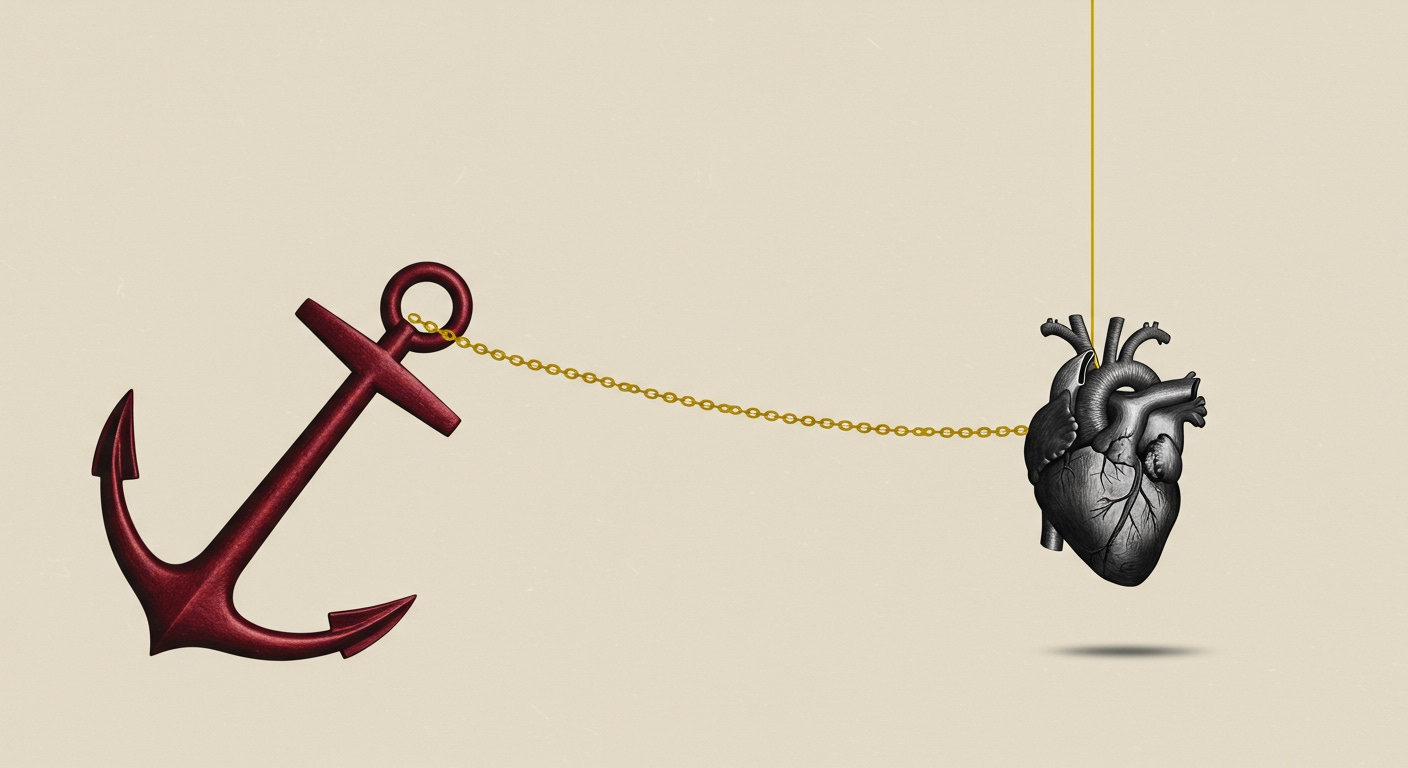The Paradox of Perpetuated Pain: Unpacking the Psychology of Victimhood
I invite you on a journey to explore one of the most complex terrains of human experience: the psychology of victimhood. This isn't about shaming those who have suffered, but about understanding a subtle psychological pattern that can inadvertently keep us trapped, preventing genuine healing and growth. We'll delve into the mechanisms that make this identity alluring, its profound impact on personal lives and broader society, and practical pathways toward reclaiming agency.
Why Do We Cling to Our Wounds? Deconstructing the Enduring Appeal of Victimhood
As a keen observer of human behavior, I often find myself pondering a fundamental paradox: why do some individuals, long after the immediate harm has passed, continue to embrace an identity rooted in victimhood? It's a challenging question, one that forces us to look beyond surface-level empathy and delve into the intricate interplay of pain, identity, and agency. On one hand, acknowledging suffering is a vital step in healing; denying it would be a profound disservice. Yet, on the other, the persistent adoption of a 'victim' identity can subtly become a barrier to moving forward, a psychological anchor that, while offering a sense of moral clarity or even unique status, inadvertently binds us to the very past we wish to escape. My aim here is not to diminish the validity of anyone's experience of harm, but to critically examine the psychological patterns that can emerge in its wake, fostering a more nuanced understanding of personal and collective narratives.
Peeling Back the Layers: What Recent Research Reveals About the Victimhood Mentality
Academic inquiry into this phenomenon often highlights a constellation of psychological traits. Studies point to an external locus of control, where individuals attribute their circumstances primarily to external forces rather than internal agency. There’s also often a strong need for recognition and moral purity, a sense that one’s suffering grants an unimpeachable moral high ground. This perspective, while understandable as a protective mechanism, can calcify into a rigid worldview. Consider the insights from analytical psychology:
In the shadowy corners of the human psyche, unresolved pain can become a blueprint, shaping our perceptions and reactions in ways we barely comprehend, often leading to a comfortable but debilitating identification with past hurts.
– Adapted from Jungian thought
This isn't about a deliberate choice to remain stuck, but rather an unconscious embrace of a role that, for all its limitations, offers certain psychological 'benefits,' such as sympathy, attention, or an explanation for one's struggles. It can become a self-reinforcing narrative, making it difficult to perceive opportunities for change or to take responsibility for one's responses.
The Ripple Effect: How a Victimhood Identity Shapes Individuals and Societies
The implications of this psychological pattern extend far beyond the individual. On a personal level, a persistent victim identity can hinder problem-solving, foster resentment, and strain interpersonal relationships. It can lead to a state of learned helplessness, where one perceives themselves as powerless even when avenues for agency exist. For society, the collective embrace of victim narratives, while sometimes necessary for historical redress, can also inadvertently breed perpetual grievance, undermine empathy across groups, and impede constructive dialogue. When entire communities or nations adopt this stance, the path to reconciliation and collective progress becomes fraught with difficulties. As Viktor Frankl so powerfully articulated, even in the most dire circumstances, a profound human capacity remains:
When we are no longer able to change a situation, we are challenged to change ourselves.
– Viktor Frankl
This isn't about dismissing real injustices but about recognizing the inherent human capacity for resilience and transformation even within suffering. The most insidious aspect of a victim identity is its ability to offer comfort through blame, inadvertently cementing the very powerlessness it purports to deplore. It’s a complex truth, one that requires both compassion and critical distance to truly grasp.
Reclaiming Agency: Pathways from Passive Acceptance to Active Growth
So, how do we navigate this terrain? For individuals, it begins with cultivating self-awareness, discerning between a legitimate experience of victimhood and the *identity* of a victim. This involves shifting from an external to an internal locus of control, focusing on what *can* be changed rather than what cannot. It's about consciously reframing narratives, moving from a story of 'what was done to me' to 'how I responded and what I learned.' For those interacting with someone in a victimhood pattern, genuine empathy is crucial, but it must be coupled with an encouragement of agency, gently prompting them toward responsibility and action. For society, it means fostering spaces for authentic grievance and healing, while simultaneously promoting narratives of resilience, mutual responsibility, and proactive problem-solving. This dialectical approach acknowledges both the reality of suffering and the imperative of growth, paving the way for a more empowered and constructive future for us all.




“Paving the way for a more empowered and constructive future for us all.”